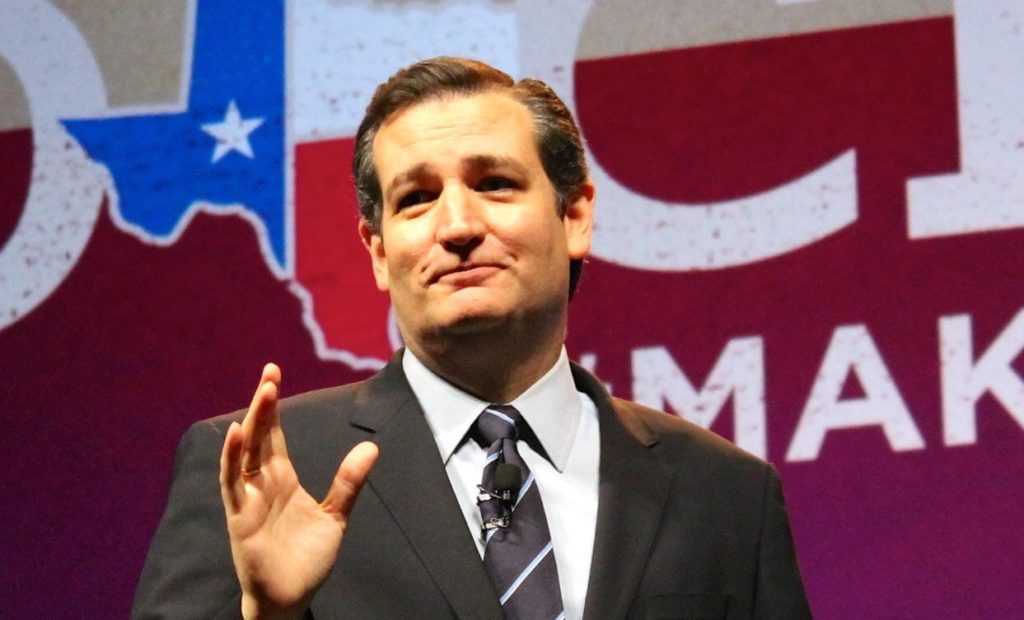Ted Cruz finds himself in the middle of the Trump-Russia scandal

Senator Ted Cruz is having a really bad time on the internet right now. He is being bombarded with demands to answer a very uncomfortable question regarding his 2016 campaign and possible ties to Russia. It all started with a tweet posted by a man named Chris Vickery on November 30, 2018 which reads as follows:
.@tedcruz Your campaign gave US voter data to a guy in Russia named Yaroslav Leontenko. He wrote code directly into your official campaign app. His work also included translating that app framework text into the Russian language for use in other campaigns. Explain yourself.
This demand for an explanation, coming from a concerned US citizen, has been making the rounds on Twitter and has been taken up by others with an appeal to followers to join this effort to get answers to a very legitimate and important question. Part of the growing chorus of voices calling for clarification is Laurence Tribe, a lawyer and professor of constitutional law who, as it so happens, once taught a young Ted Cruz at Harvard Law School.
Why is the question of a possible link between Ted Cruz’s campaign and agents of Russia at all relevant now? After all, Cruz lost in the presidential primary, and Donald Trump subsequently became the Republican candidate in the 2016 presidential election.
Fun fact: Ted Cruz’s campaign employed Cambridge Analytica before the controversial data firm started working for the Trump campaign in the summer of 2016. If there was already a direct or indirect connection between Cambridge Analytica via Ted Cruz, this bolsters the suspicion that the elusive and enigmatic data firm had Russian connections even before it joined the effort to make Donald Trump the president of the United States.
Another possible link between Cambridge Analytica and the Russian side is Moldovan-born academic Alexandr Kogan – the man who created the app that helped the data firm gain access to an untold number of Facebook users without the knowledge and consent of the vast majority of said users. Kogan has also had an affiliation with the University of St. Petersburg, Russia, which funded some of his research on social media data mining. He also received funding for his research from British, American, Canadian and Chinese governments.
For all those looking for the proverbial smoking gun in the context of possible cooperation between the Trump campaign and Russia: it is not implausible that it is sitting in a drawer of what was once Cambridge Analytica. If you study the output of the online influence campaign run by American supporters of candidate Trump on the one hand and the activities that came from the Russian side in the form of online trolls, bots, advertising and content spread by fake accounts, you will notice striking similarities.
The messages that were infused into the bloodstream of the internet by either side are virtually indistinguishable. Those similarities are so striking that they very strongly suggest that – at least from a certain point onwards – there was a coordinated effort, based on a mutually shared set of data and strategies.

